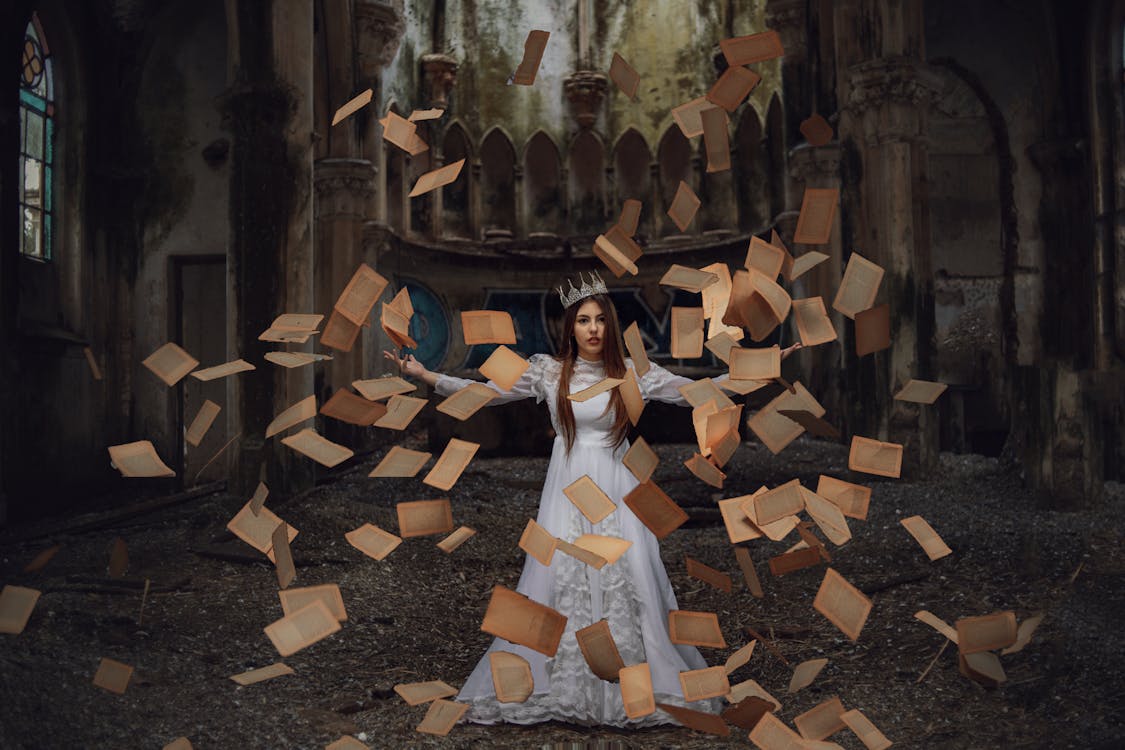Introduction to Fantasy Literature
Fantasy literature transports readers to magical realms filled with extraordinary beings, epic quests, and timeless battles between good and evil. This genre captures the imagination and invites readers to explore worlds beyond their own. Whether it’s the enchanting lands of J.R.R. Tolkien’s Middle-earth or the whimsical adventures of C.S. Lewis’ Narnia, fantasy literature has a unique ability to engage readers of all ages.
The Allure of Magical Worlds
One of the key attractions of fantasy literature is the ability to escape reality. These stories often feature intricate world-building, allowing readers to immerse themselves in richly developed settings. From the majestic castles to the enchanted forests, the details within fantasy worlds provide a compelling backdrop for the characters’ journeys.
Character Development and Heroic Journeys
In fantasy literature, characters frequently embark on transformative journeys. These heroes and heroines are relatable and complex, often facing personal struggles alongside external conflicts. As they navigate through their adventures, readers witness their growth, resilience, and the importance of friendship and courage.
Popular Fantasy Authors and Their Impact
Many authors have left an indelible mark on the fantasy genre. J.K. Rowling’s "Harry Potter" series has become a cultural phenomenon, captivating millions with its blend of magic, friendship, and moral lessons. Similarly, authors like Neil Gaiman and Brandon Sanderson are celebrated for weaving intricate plots that challenge the conventions of storytelling.
Exploring Subgenres in Fantasy
Fantasy literature encompasses various subgenres, each offering its unique flavor. High fantasy, defined by its epic scope and detailed settings, contrasts with urban fantasy, which blends magical elements with contemporary life. Readers can discover their tastes through these diverse offerings.
- High Fantasy: Often set in entirely fictional universes with elaborate myths and histories.
- Urban Fantasy: Combines magical elements with a realistic, modern setting.
- Dark Fantasy: Incorporates horror elements and explores themes of moral ambiguity.
The Future of Fantasy Literature
As the genre evolves, contemporary fantasy authors continue to innovate, pushing boundaries and redefining traditional narratives. The rise of diverse voices in fantasy literature enriches the genre, offering fresh perspectives and untold stories. As we look toward the future, the magic of storytelling will undoubtedly thrive, inviting new generations to dream and explore.




Comments (0)